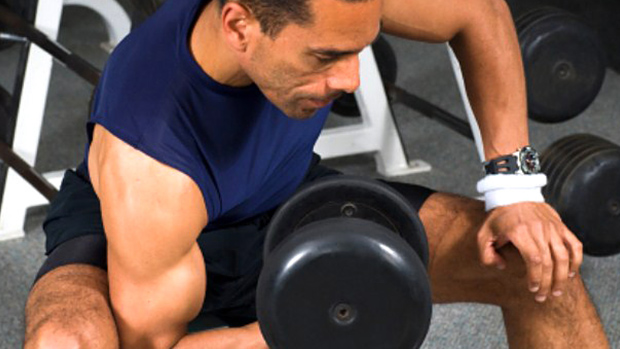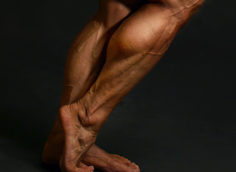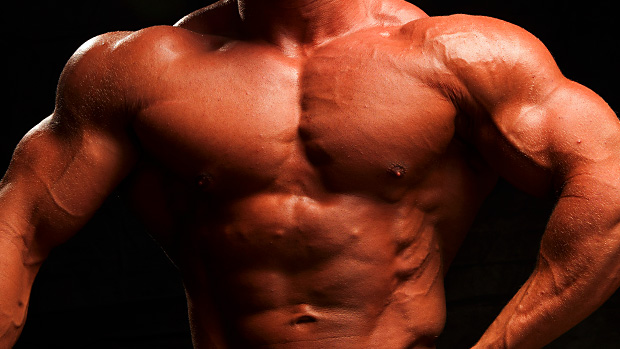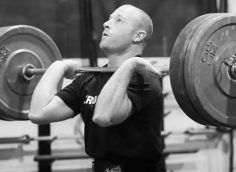One of the most common training mistakes is focusing on minor isolation exercises instead of big, compound movements. Look at the most successful bodybuilders, strength athletes, and power athletes in the world and you'll find that the foundation of their training consists of a handful of basic exercises.
The best powerlifters in the world focus heavily on the competition lifts. Jim Wendler basically uses four main lifts (bench, squat, military press, deadlift), Mark Rippetoe uses five (bench, deadlift, squat, power clean, military press) and Bill Starr used three (bench, squat, power clean & press).
The majority of football players rely on bench presses, squats, deadlifts, power cleans, chin-ups, and push presses and build very solid bodies. And throwers, arguably the strongest and most powerful overall athletes in the world, base their training on bench presses, squats, power cleans, power snatches, and push presses.
Bodybuilders use a broader exercise selection, but the foundation of their training also consists of the big basic lifts. The point is, if you want to go from average to muscular, then you should spend most of your training energy performing sets of the basic movements.
The big compound lifts alone can build a big, muscular, aesthetic body. I've trained athletes in 27 different sports as well as competitive bodybuilders, powerlifters, strongman competitors, etc., and the best looking natural bodies that I've trained were a young strongman competitor, two CrossFit girls, a hockey player, and a bobsled athlete.
They weren't massive like the bodybuilders, but they were muscular, lean, and very strong and powerful. Not only that, they maintained their look year-round without severe dieting, anabolics, or living like monks. None of them did much, if any, isolation work. They all built their muscle mass through big compound movements and became very strong on them. And they didn't look blocky or unaesthetic due to the absence of "finishing" exercises.
Most frustrated lifters are limiting their gains by majoring in the minors. Your body has a limited capacity to recover and adapt to training. In Soviet literature this used to be called adaptation energy/reserve. I call it "training money."
Your body has a limited amount of money that can be invested. When you exceed what you have to invest, you run up a debt, and sooner or later you'll be forced to pay up. This means that if you make it a habit to exceed the amount of stimulation that your body can grow from, while it might work for a week or two (supercompensation training blitz), eventually you won't make progress.
For this reason, don't spend a lot of energy on isolation work. It doesn't make sense to take money away from the big lifts to invest in exercises with an inferior return – at least not while your focus is on gaining as much overall strength and mass as possible.
When you get so strong on the big basics that investing more in them won't give you a great return, then sure, invest elsewhere. But the fact is, until you're brutally strong on a few big basic lifts, your best gains will be from getting strong on those movements.




